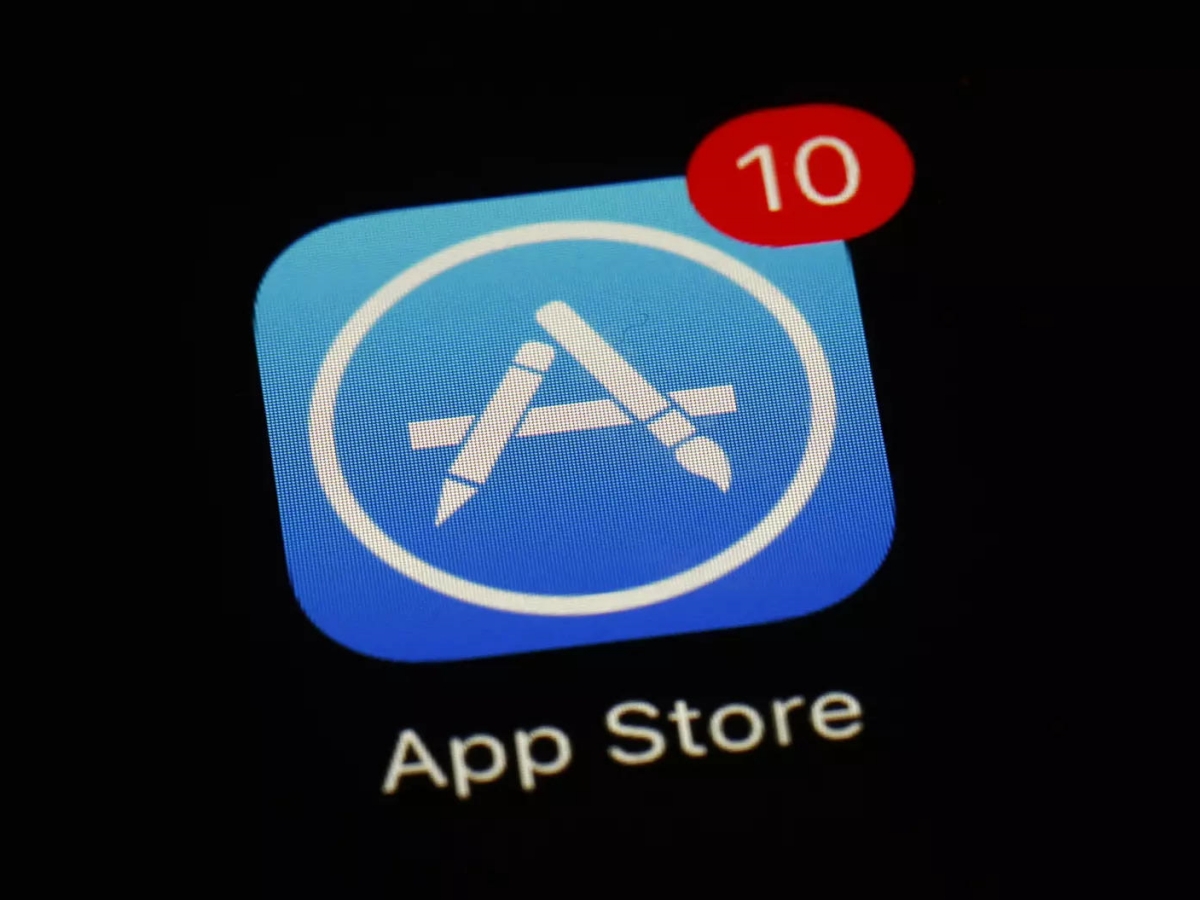Apple may open iPhone to sideloading with iOS 17 – Times of India
Apple is expected to bring the next big update for iPhone – the iOS 17 – at its developer’s conference this year. While may not be a substantial update as before, iOS 17 should offer some of the user-requested features with minor improvements, and that could include the option to sideload apps.
Mark Gurman, in his weekly newsletter, Power On, suggests that with iOS 17, Apple, for the first time, could open up the iPhone to sideloading. “iOS 17 will cause some noise beyond WWDC itself,” says Gurman.
By next year, Apple aims to revamp iOS to comply with new European regulations, which would let users sideload on the iPhone, i.e., downloading apps from sources other than the official app store.
Europe’s new regulations, which come into effect next year, mandate that Big Tech companies permit alternate app stores on their platforms, offering users more options. As a result, Apple is making arrangements to conform to these rules.
With the option to sideload in place, users can download apps from third-party sources, which means they could download apps from the internet, transfer it from some other device or use an alternate app store. Thus, developers will not be forced to publish their apps on the App Store and can opt to offer apps through their means.
Should Apple choose to allow other app stores on its platform, developers would no longer be obligated to pay the 30% (or occasionally 15%) commission for in-app purchases. This move could bring smiles to several firms, including Spotify, Twitter, and more, who have expressed disapproval of Apple’s commission system.
Presently, Apple permits certain developers to use third-party payment methods in specific markets, such as all developers in South Korea and the Netherlands. However, even in these cases, these developers are still required to pay a substantial fee to Apple.
As of now, it is not known if this change will only come to the EU or if it will be available across all regions. However, other countries could also follow suit, forcing Apple to enable sideloading in their regions.
Mark Gurman, in his weekly newsletter, Power On, suggests that with iOS 17, Apple, for the first time, could open up the iPhone to sideloading. “iOS 17 will cause some noise beyond WWDC itself,” says Gurman.
By next year, Apple aims to revamp iOS to comply with new European regulations, which would let users sideload on the iPhone, i.e., downloading apps from sources other than the official app store.
Europe’s new regulations, which come into effect next year, mandate that Big Tech companies permit alternate app stores on their platforms, offering users more options. As a result, Apple is making arrangements to conform to these rules.
With the option to sideload in place, users can download apps from third-party sources, which means they could download apps from the internet, transfer it from some other device or use an alternate app store. Thus, developers will not be forced to publish their apps on the App Store and can opt to offer apps through their means.
Should Apple choose to allow other app stores on its platform, developers would no longer be obligated to pay the 30% (or occasionally 15%) commission for in-app purchases. This move could bring smiles to several firms, including Spotify, Twitter, and more, who have expressed disapproval of Apple’s commission system.
Presently, Apple permits certain developers to use third-party payment methods in specific markets, such as all developers in South Korea and the Netherlands. However, even in these cases, these developers are still required to pay a substantial fee to Apple.
As of now, it is not known if this change will only come to the EU or if it will be available across all regions. However, other countries could also follow suit, forcing Apple to enable sideloading in their regions.
Apple BKC in Mumbai: A Sneak Peek of Apple’s Mumbai store
For all the latest Technology News Click Here
Denial of responsibility! TechAI is an automatic aggregator around the global media. All the content are available free on Internet. We have just arranged it in one platform for educational purpose only. In each content, the hyperlink to the primary source is specified. All trademarks belong to their rightful owners, all materials to their authors. If you are the owner of the content and do not want us to publish your materials on our website, please contact us by email – [email protected]. The content will be deleted within 24 hours.


